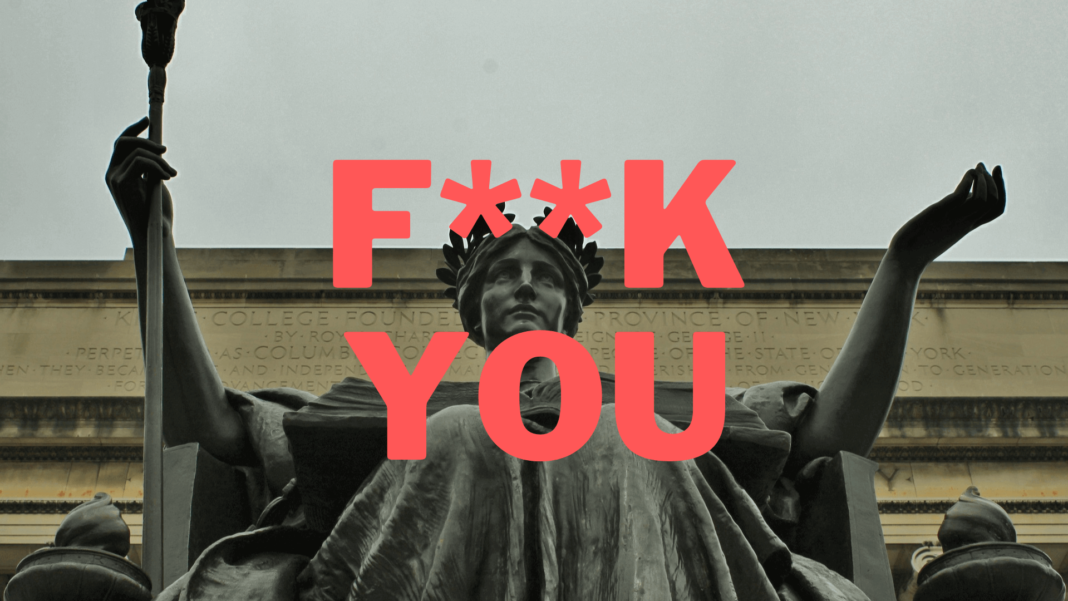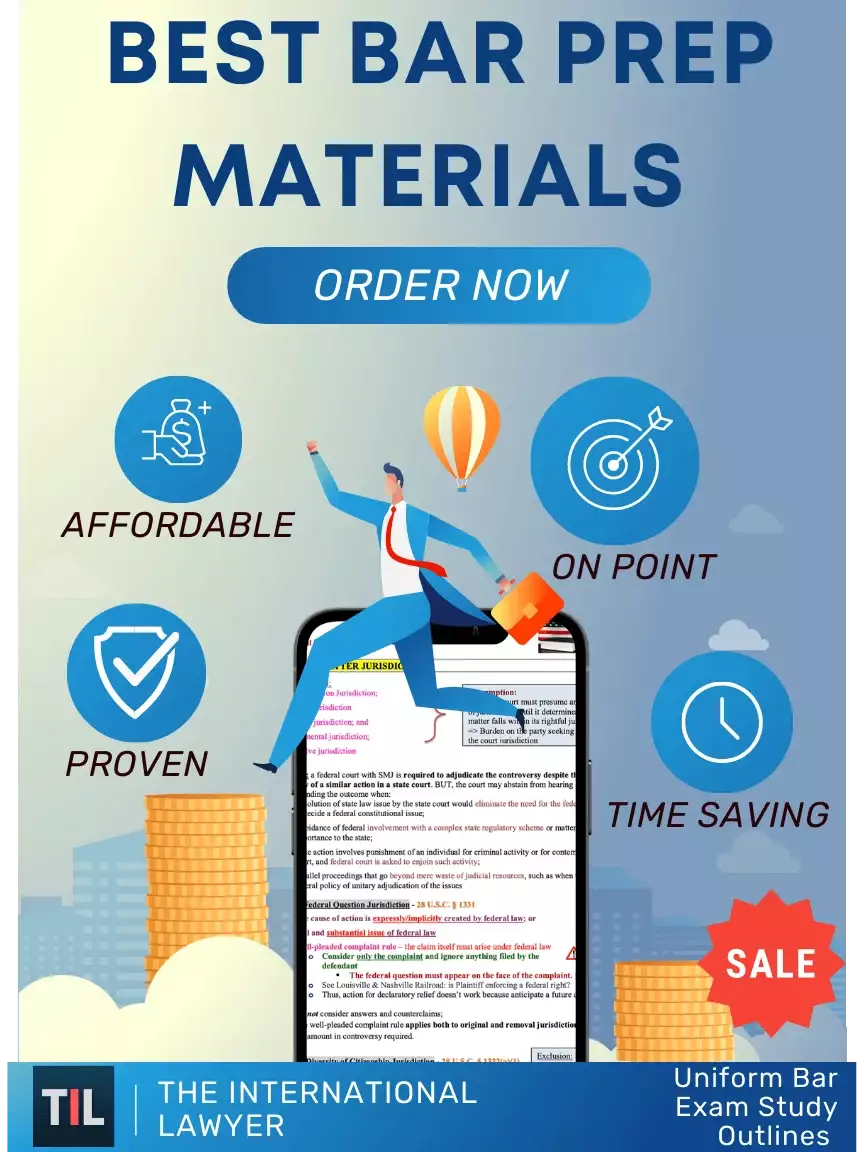An adjunct professor at Columbia Law School has apologized earlier this week after he was caught on hot mic muttering “F–k you” after an international student asked him to slow down his lectures.
“Could you slow down for us?”
Daniel Capra, an adjunct law professor at Columbia University, and a regular law professor at Fordham, recently turned down a student request in a class at Columbia and swore at the woman who had asked the question.
The student in question had asked Capra to slow down his lectures because international students in the class were having trouble keeping up.
Now, if you are an LLM student or an international student, you know that studying law in a foreign language is not that easy.
Ultimately Capra refused to slow down and responded to students’ difficulties as an “assumption of risk.”
Then Capra muttered the F- word after the student walked away.
A viral “F–k You”
The video quickly became viral with over 300K views on social media, prompting Capra to apologize to the student. Capra told Law.com that he was ashamed of his conduct.
“I am ashamed of my conduct,” Professor Daniel Capra said in an email to Law.com on Friday. “I apologized to the student and to my class. I have devoted my career to serving and helping students and I am mortified that I acted here the way I did,” he said.
Columbia Law dean Gillian Lester explained that she had communicated with Capra to let him know that his language was unacceptable. She also expressed her “sorrow” about this incident. Columbia Law has an “unequivocal commitment to fostering a welcoming learning environment for all students,” Lester said.
A syllabus to follow
To be fair to Capra, he apologized and we recognize that the program is heavy in law school. It can be difficult for law professors to modify their lectures halfway to slow down and it should be up to international students to keep up if they ultimately decide to take the Bar Exam. Yet Capra could have approached the situation with a little patience and sympathy.
The Student Senate released a statement addressing the matter. It reads in part:
Attending law school at Columbia is a rigorous endeavor. Many students, whose first language is English, struggle to keep up with the speed of courses. For some members of our community, this is even harder. Some students face unique language challenges while attending courses taught in a language different to their mother tongue at the Law School. These challenges are compounded by the speed at which some professors speak and the complexity of topics covered. As a community, we renounce any type of non-inclusive behavior that does not take into consideration this reality. As a student body, we firmly believe that a safe and inclusive environment is essential for the academic success and well-being of all students, and we are committed to ensuring this environment exists for students of all backgrounds. We accordingly expect the faculty and administrators to take all necessary steps to uphold this core principle.
You are doing just fine
We are a community of international lawyers and students, we know that taking a law degree in a U.S. law school is not easy task, especially when it comes to complex topics like Evidence or Trust & Estate. At times it feels as if we have to work twice harder to catch up with regular American students.
Justice Ruth Bader Ginsburg grew up with a Brooklyn accent, as a young litigator she had to hide it so that she had less to “prove” in court. In Dr. Katherine D. Kinzler’s book How You Say It, she talks about how people sound determines how they are perceived.
Refusing to consider the presence of international students is a form of linguistic discrimination. You can’t on one hand open your door to international students and on the other refuse to provide accommodations. Capra could have offered to answer questions by email, offer office hours, etc., instead of dismissing the student.
Especially in the context of DEI (Diversity, Equity, and Inclusion), discussion about race, ethnicity, culture, sexual orientation, we don’t spend enough time considering our bias about how people speak. It is one of the last permissible prejudices in a diverse society.
Our linguistic differences present challenges, Kinzler shows, but they also can be a force for good. Humans can benefit from being exposed to multiple languages —a paradox that should inspire us.
Keywords: Columbia Law International Student




